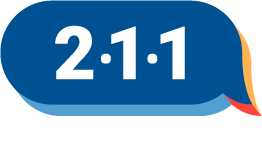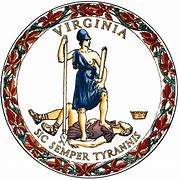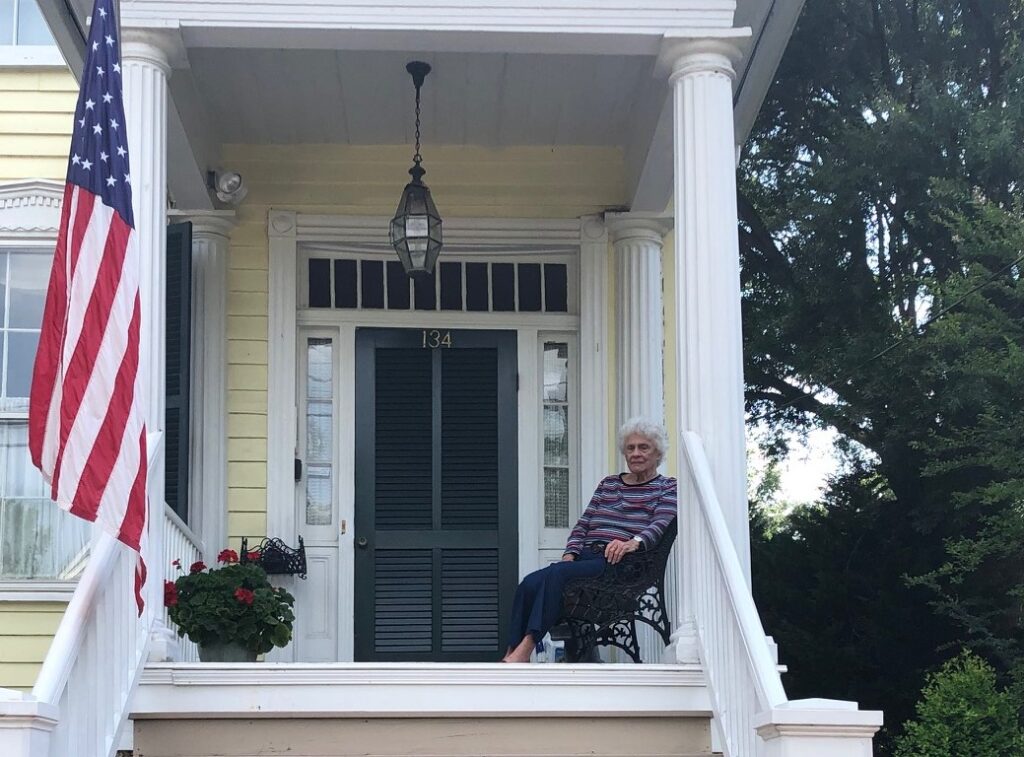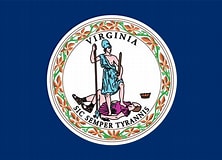Inundated by unemployment claims during the COVID-19-induced recession last year, the Virginia Employment Commission made an estimated $930 million in “incorrect” payments last year, according to an update by the Joint Legislative Audit and Review Commission.
The magnitude of wasted dollars has gone largely unnoticed as the media and the Northam administration have focused on VEC’s failure to deliver unemployment benefits to out-of-work Virginians, many of who have fallen behind on their rent payments now face eviction.
Between March 2020 and July 2021, the VEC paid out $13.9 billion in state and federal unemployment benefits, states JLARC. The number of claims jumped tenfold, and guidance for administering the gush in federal relief dollars was unclear and evolved over time. The VEC’s obsolete claims-processing software was overwhelmed. Further, the VEC compounded its problems by making forms and instructions overly “complex and confusing.” Continue reading



 by James C. Sherlock
by James C. Sherlock

 by James C. Sherlock
by James C. Sherlock


 by James C. Sherlock
by James C. Sherlock

 by James C. Sherlock
by James C. Sherlock

